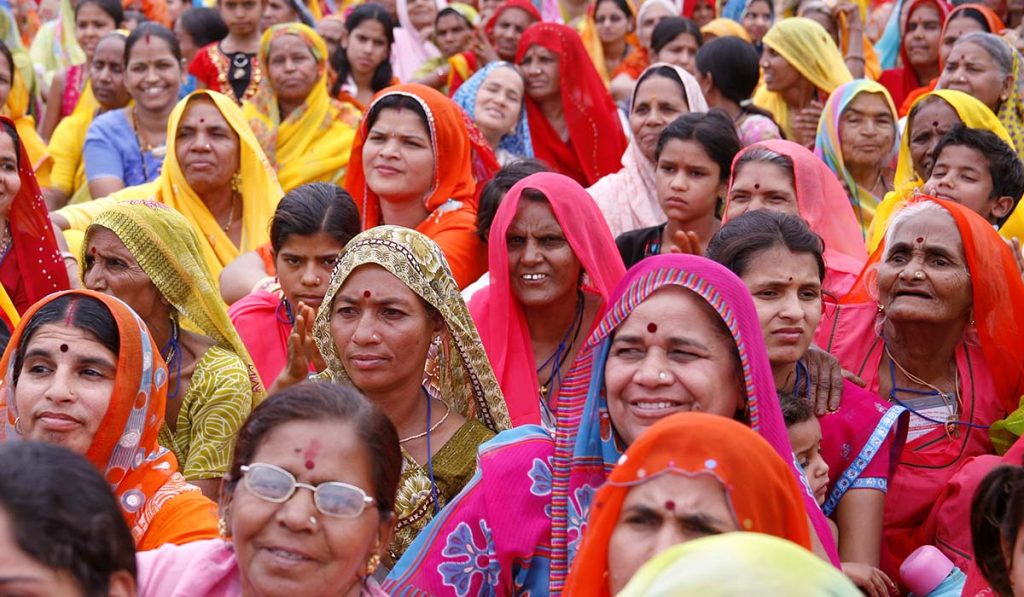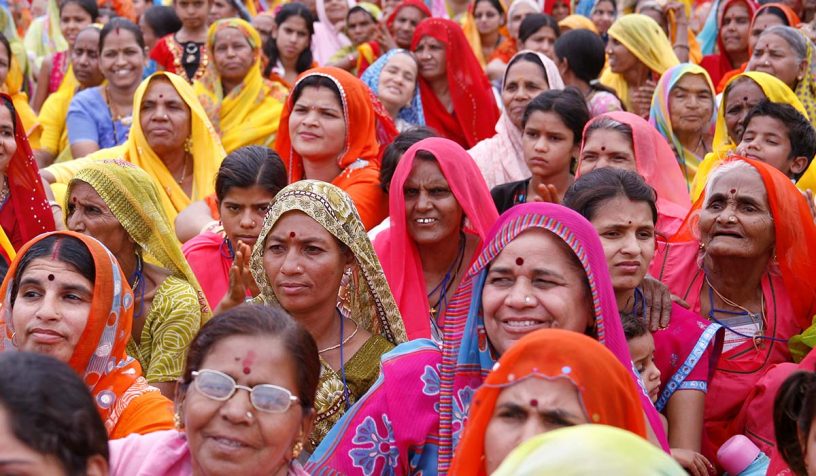
Practitioners of pre-existing religious/spiritual practices were found significantly different from the non-practitioners on some indicators of health, quality of life, and well-being.
Authors
Mohita Junnarkar, Assistant Professor and Deputy Director at Jindal Institute of Behavioural Sciences, O.P. Jindal Global University, Sonipat, Haryana, India.
K. Singh, Department of Humanities and Social Sciences, Indian Institute of Technology Delhi, Hauz Khas, New Delhi, India.
D. Singh, Pt. N.R.S. Government College, Rohtak, Haryana, India
S. Suchday, Pace University, New York, USA.
S. Mitra, ISIC Institute of Rehabilitation Sciences, New Delhi, India
P. Dayal, AIIMS, New Delhi, India.
Summary
Religion and spirituality (R/S) are embedded in all aspects of life in India, a predominantly rural economy. The aim of this mixed methods study was to assess the associations between a culturally tailored intervention and preexisting religious/spiritual (R/S) practices with indicators of well-being and factors which contribute to happiness among elderly rural women from Haryana state, India.
The study consisted of three groups: field experimental group (FEG; n = 24); practitioners of preexisting R/S practices for at least 6 weeks Satsang (SG, n = 54), Brahma Kumaris (BKG, n = 54), and Radha Soami (RSG, n = 30), and non-practitioners of R/S practices (n = 64). All groups completed self-report measures of overall happiness and life satisfaction, global health, quality of life, and health status and physical health.
Results revealed that FEG participants improved significantly on physical health, body balancing, and self-care; no changes were observed on the other well-being measures following the intervention.
Practitioners of preexisting R/S practices were found significantly different from the non-practitioners on some indicators of health, quality of life, and well-being. Qualitative measures pointed to the importance of R/S and family and interpersonal relationships among elderly rural women.
Published in: Journal of Religion and Health
To read the full article, please click here.


